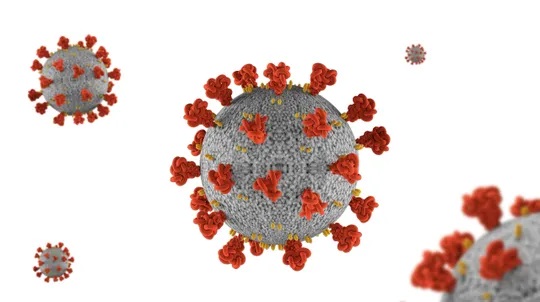
As I had mentioned in my first post on Vitamin D, there is no causal relationship yet established between the intake of vitamin D and the rate of COVID-19 infections or mortality. Since then, more than one research group have communicated preliminary results on the positive association of Vitamin D insufficiency/deficiency with the severity of COVID-19 symptoms and mortality. These recent studies are observational, examining an association of vitamin D levels with COVID-19 outcomes. Some findings are based on data from COVID-19 patient files, linking vitamin D blood levels with outcomes of the disease, in ICU and floor patients (Lau et al, 2020, preprint*). Others reported associations between published rates of vitamin D deficiency in different countries and official rates of COVID-19 infections and mortality from health authorities in these countries (Ilie et al, 2020). When vitamin D levels were not available in the patient population, one study used published data on other markers related to vitamin D deficiency to establish associations between COVID-19 and Vitamin D deficiency (Daneshkhah et al, 2020, preprint*). Although these studies do not establish a cause and effect relationship between the sunshine vitamin and COVID-19, they do strengthen a hypothesis that is finally being tested in six clinical trials around the world (source: clinicaltrials.gov) at different stages of execution and one awaiting funding to start at the University of Alberta, Canada. These 7 randomized placebo-controlled intervention trials will investigate the effect of different doses and regimens of vitamin D given to COVID-19 positive individuals of different ages and with varying risk factors. Outcomes are numerous and include severity of symptoms, duration of disease, recovery and mortality. First results should be coming out starting July 2020.
In the meantime, researchers are warning the public not to over- supplement with vitamin D as currently available research does not support a protective or therapeutic effect of the vitamin when it comes to COVID-19 specifically. Also, it is worth repeating that Vitamin D toxicity can be induced by consuming doses higher than 4000 IU per day over an extended period of time.
I for one will be following research on Vitamin D and COVID-19 closely, as I believe in looking for different ways to protect our health in a time where the world is opening up to a new “normal”, living with the virus in the absence of proven drug therapies or a vaccine. So stay tuned for more discussions on this topic!
*Preprints are articles which have not yet undergone peer-review.
Amira Kassis, PhD
Scientific consultant
